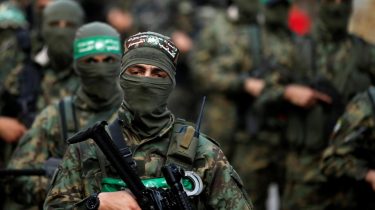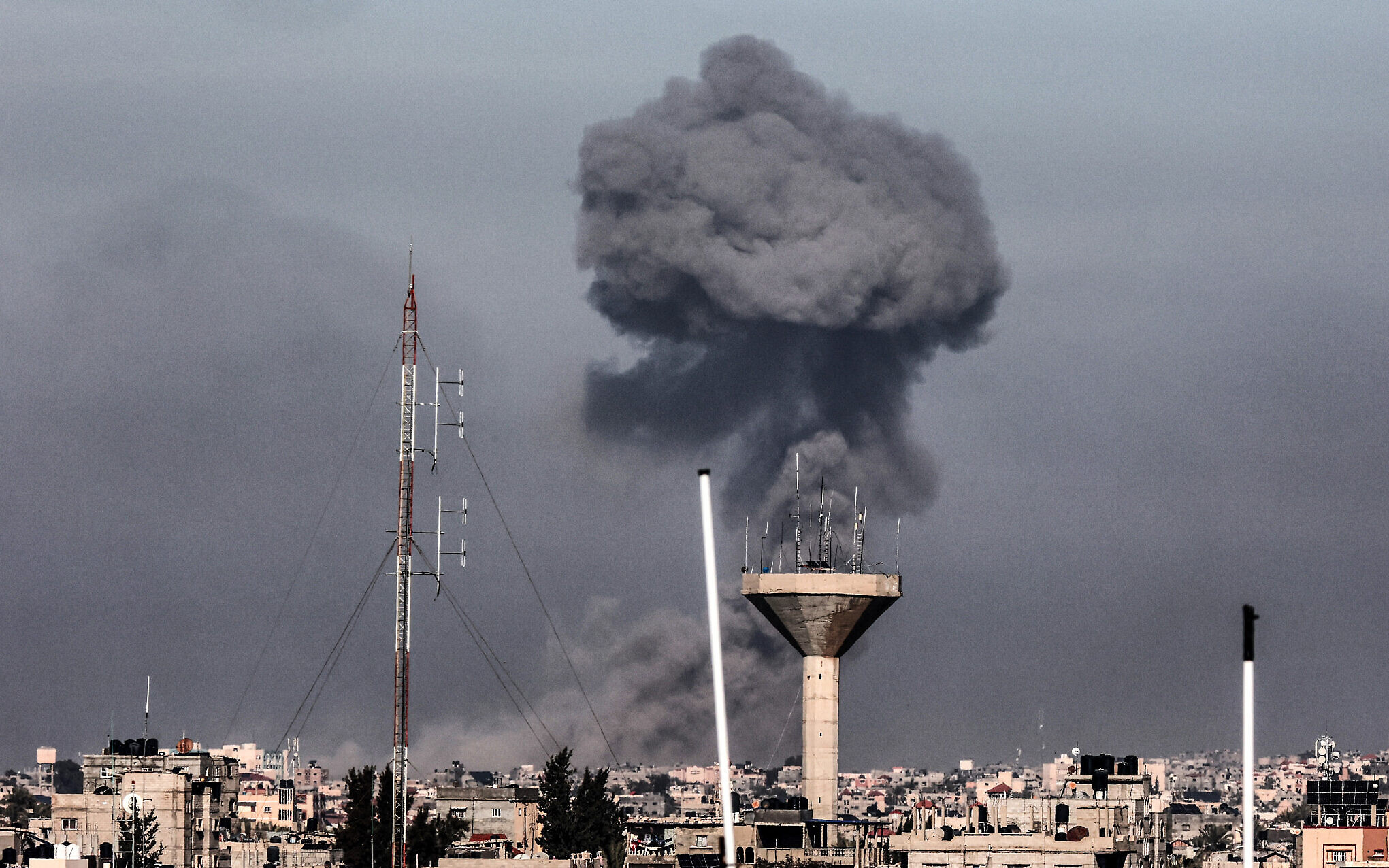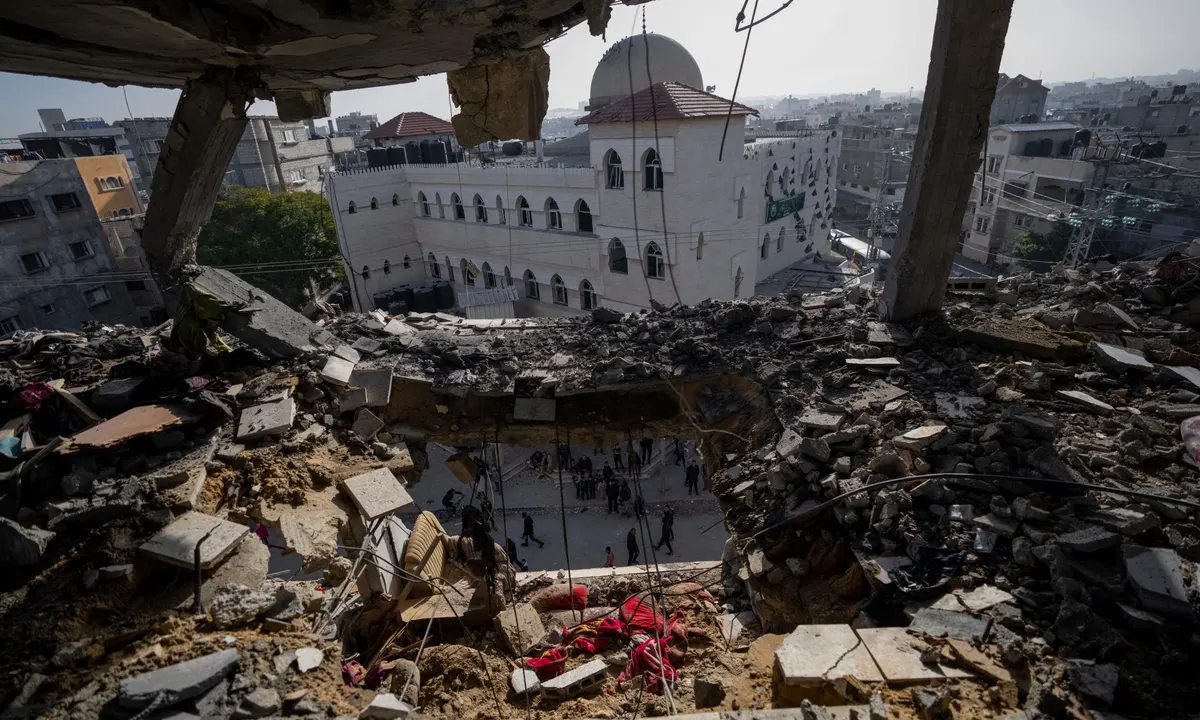Hamas considering ending the fight; Israel attacks Rafah

After a series of weeks-long truce talks, Hamas yesterday agreed to the terms suggested by mediators from Qatar and Egypt. In response, Israel rejected the offer, with Prime Minister Benjamin Netanyahu stating the proposed terms “do not meet Israel’s key demands.
Israel and Hamas head to Cairo for critical ceasefire talks
On Tuesday, Israel sent representatives to Cairo to continue peace talks. The Hamas delegation also went in the same direction. A group spokesman told AFP that the Cairo talks represent the “final opportunity” for the release of hostages in Israel.
Israeli Prime Minister Benjamin Netanyahu instructed members of the delegation to categorically follow the required conditions for the release of hostages and comply with key requirements to ensure the security of the country. In turn, Israeli Defense Minister Yoav Galant announced on Tuesday that Israel is ready to expand military operations in Gaza if ceasefire negotiations do not lead to the release of hostages.
Earlier, it was noted that the leader of the Politburo of the radical group, Ismail Haniyeh, held telephone conversations with the Prime Minister of Qatar and the Minister of Intelligence of Egypt, during which he announced Hamas’s agreement with their proposal for a ceasefire.
A senior Palestinian official well-versed with the details of the proposal informed the BBC that Hamas was allegedly willing to permanently end its “hostile activities” subject to compliance with the agreement.
This could be seen as a potential decision by Hamas to cease the armed conflict, though details were not announced. First of all, two stages of the ceasefire agreement, each lasting 42 days, must be completed. The first phase involves the exchange of Israeli female soldiers taken hostage for 50 Palestinian detainees in Israeli jails including those serving life terms. Throughout this period, Israeli forces will continue to be in Gaza. However, 11 days after the start of the truce, Israel must begin dismantling its military installations in central Gaza and begin withdrawing troops from key routes, including the Salah al-Din road and the coastal highway. After these 11 days, Palestinians who moved to the south of the enclave will be allowed to return to the north.

This picture taken from Rafah, in the southern Gaza Strip, shows smoke rising over buildings in Khan Yunis during Israeli bombardment on February 8, 2024, as fighting continues between Israel and the Palestinian Hamas group in Gaza. (Photo by MAHMUD HAMS / AFP)
An Israeli official, who preferred to remain anonymous, said Monday evening that Hamas had accepted a new proposal that appeared to have been formulated by Egypt but did not meet Israeli demands. However, other Israeli officials say the Egyptian proposals are close to the plan proposed by Israel in late April. BBC international editor Jeremy Bowen noted that Hamas’s announcement of readiness for a ceasefire came as a surprise to many observers and changed Israel’s expectations for the coming weeks. Israel expected Hamas to reject the ceasefire offer, which US Secretary of State Antony Blinken called “exceptionally generous.” Despite the fact that Netanyahu said that Hamas did not meet Israeli demands, he still sent a delegation for further negotiations with the group.
Israeli military operations in Gaza continue: the Rafah checkpoint has been taken under operational control
Meanwhile, Israel persists in its military actions against militants in southern Gaza. The Israeli military has reported taking operational control over the Palestinian side of the Rafah border crossing with Egypt. Prime Minister Benjamin Netanyahu previously insisted that Israeli troops would enter Rafah regardless of the outcome of the ceasefire negotiations. He has long been convinced that without a full-fledged operation in Rafah, it is impossible to defeat Hamas. At the same time, Israel emphasizes that the current actions are a limited and targeted operation, and not a full-scale ground offensive on Rafah, which is causing concern in the international community due to possible civilian casualties.
On Tuesday, Hamas’s military wing reported that it launched rockets at Israeli forces at the Kerem Shalom checkpoint, which had already come under fire the previous day, resulting in the deaths of four Israeli soldiers, after which the checkpoint was closed by Israeli authorities.

After the Israelis took control of the Rafah crossing, the United Nations for Palestine Refugees expressed concerns about a reduction in humanitarian aid supplies, which was negatively impacting the civilian population. “The main issue over the last 24 to 48 hours has been the border crossing and the lack of humanitarian assistance,” Louise Water age, a spokeswoman for the agency, told the BBC, describing the situation as “extremely worrying.”
The Kerem Shalom border crossing is now open for the delivery of humanitarian aid to Gaza
On the morning of Wednesday, May 8, the Kerem Shalom border crossing on the southern border of the Gaza Strip was reopened to deliver humanitarian aid to Gaza. The Israeli Defense Ministry confirms that all aid undergoes strict security checks before being sent to the sector.
Note that from May 5 to May 7, the Kerem Shalom checkpoint remained closed due to mortar fire that resulted in the deaths of four IDF soldiers on May 5 and wounded others.
